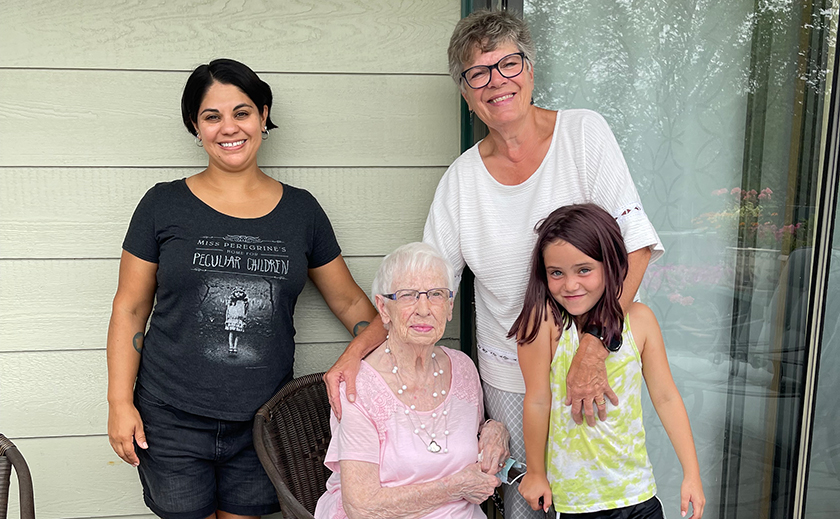What do you do if you don’t know your family medical history?

Although only 5%-10% of cancers are hereditary, knowing your lịch sử sức khỏe gia đình can be an important part of assessing your cancer risk that you should discuss with your health care provider. But what do you do if you don’t know or don’t have access to your history? As someone who was adopted, this has been top of mind for me since I started focusing on preventive health care in my early twenties.
I remember visiting the gynecologist for the first time and being asked if I had a family history of cancer or other diseases. For some reason, I was a little embarrassed, and I quietly replied, “I don’t know. I’m adopted.” The provider kindly assured me not to worry and continued my intake. But I couldn’t help but wonder if I was at a disadvantage and somehow doomed to die from cancer because I didn’t know my history.
In retrospect, my panic was understandable. I didn’t know then what I know now—there are many ways to prevent cancer and knowing your family health history is just one of them.
So, what do you do if you don’t know your family history? Here are some steps you can follow to take charge of your health:
- Stay up to date with preventive health care, including routine cancer screenings and checks. Early detection equals better outcomes, which is why it is important not to miss or delay your routine cancer screenings and checks!
- Live a healthy lifestyle. There are many choices you can make every day to lower your cancer risk. You can stop using tobacco, avoid or reduce alcohol consumption, protect your skin from the sun, eat a plant-based diet, get vaccinated against the virus u nhú ở người (HPV) and hepatitis B virus (both of which can lead to cancer), be physically active and so much more. Research shows that up to 50% of cancer cases and about 50% of cancer deaths are preventable with the knowledge we have today.
- Be open and honest with your health care provider. If you don’t know your family health history, it’s important that your provider knows this. They can help assess your risk based on other factors and guide you in the right direction.
- Consider ancestry testing to learn more about your race and ethnicity. Some populations are at a higher risk for certain cancers. For example, one in 40 people of Ashkenazi Jewish descent has a mutation in the BRCA gene, which indicates increased risk of nhũ hoa, ovarian and prostate cancer. Ancestry testing is not for everyone, but I found it very interesting and was even surprised by some of the results.
- Meet with a genetic counselor to assess cancer risk based on what you do know. A genetic counselor will discuss the full picture of your health and risk factors, the pros and cons of genetic testing, implications of potential test results (including the psychological risks and benefits), insurance issues (including test coverage and impact of test results on life and long-term care insurance) and your options after you complete testing.
There are many reasons why someone may not know their complete family health history. Don’t despair: Family history is only one part of the prevention picture. Most cancers are not hereditary and not everyone with a genetic mutation goes on to develop cancer. Be proactive when it comes to your health, get screened and remember—family history or not—you can empower yourself to stay ahead of cancer with prevention and early detection.